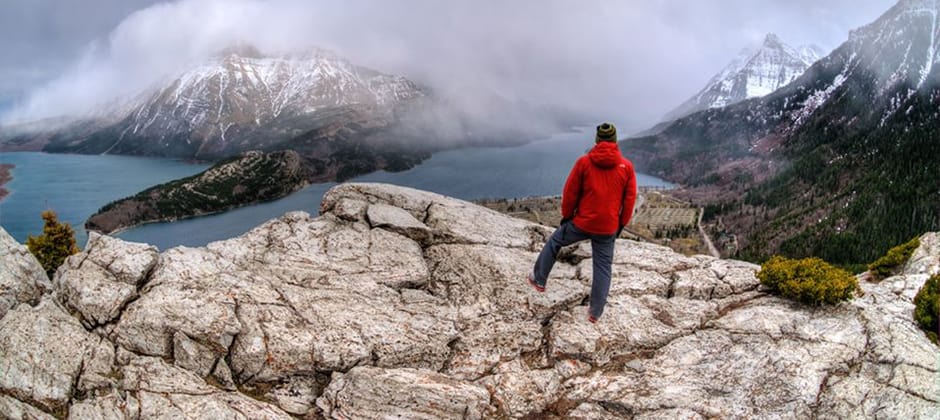Share this article
‘An antidote to cabin fever’ — with precautions
In response to the new coronavirus, several federal land agencies in the United States and Canada are waiving fees to encourage people to safely visit the outdoors while shutting facilities to reduce the risk of transmitting the virus.
The National Park Service, the U.S. Fish and Wildlife Service, the Bureau of Land Management and Parks Canada have all made recent announcements about plans to deal with COVID-19.
National Park Service
The Park Service announced it is temporarily suspending entrance fees at all of its parks. “This small step makes it a little easier for the American public to enjoy the outdoors in our incredible National Parks,” said Secretary of the Interior David Bernhardt.
But officials have cautioned that some facilities may be closed and programs may be canceled in an effort to reduce the chance of transmitting the virus.
“Park superintendents are assessing their operations now to determine how best to protect the people and their parks going forward,” said NPS Deputy Director David Vela.
Wildlife Refuges
The USFWS is waiving entrance fees at national wildlife refuges that remain open. Many visitor’s centers and other facilities will be closed, though, and some refuges have been closed.
“The health of our visitors is our number one priority,” said Service Director Aurelia Skipwith. “When CDC guidance is followed, a national wildlife refuge can be the perfect antidote to cabin fever and a boon to our mental well-being during this unprecedented time.”
BLM
The BLM will also suspend site-specific day-use fees at recreation sites and areas. Other fees, such as overnight camping, cabin rentals, group day use and use of special areas, will remain in effect. Many facilities will be closed.
“Our vast public lands overseen by the Department offer special outdoor experiences to recreate, embrace nature and implement some social distancing,” Bernhardt said.
Parks Canada
Parks Canada announced it is suspending visitor services until further notice, although parks will remain open and critical operations will continue.
“Visitors should exercise additional caution at this time and avoid activities with safety risks,” the agency warned, noting that search and rescue operations may be limited.
Agencies encouraged visitors to follow U.S. and Canadian guidelines to reduce virus transmission, including maintaining safe distances from others. The elderly and people with underlying conditions are advised to take extra precautions.
Header Image: Many public lands in the U.S. and Canada are waiving their fees to encourage visitors amid the COVID-19 outbreak, but they are also taking measures to reduce the risk of transmission. ©Parks Canada








